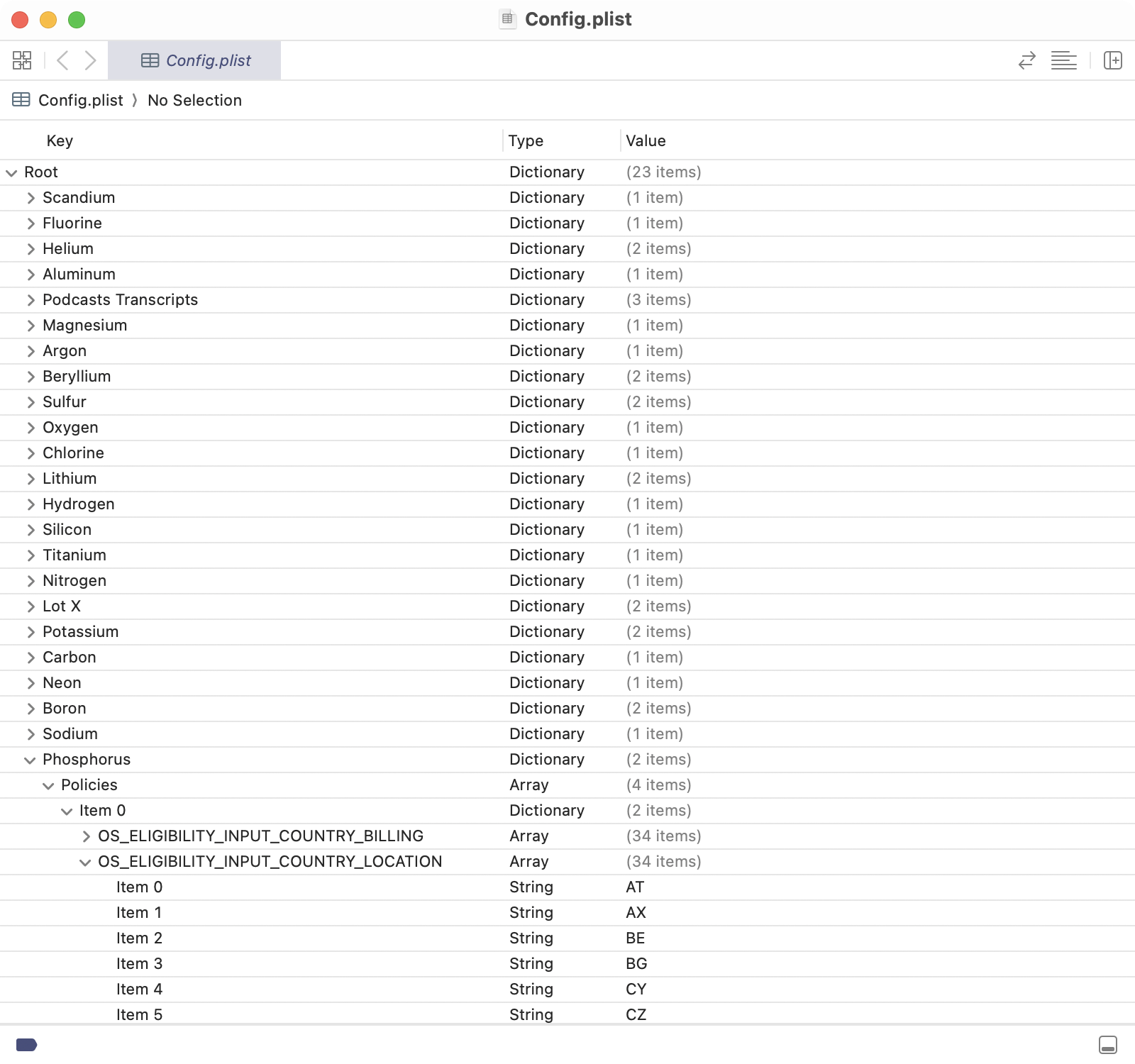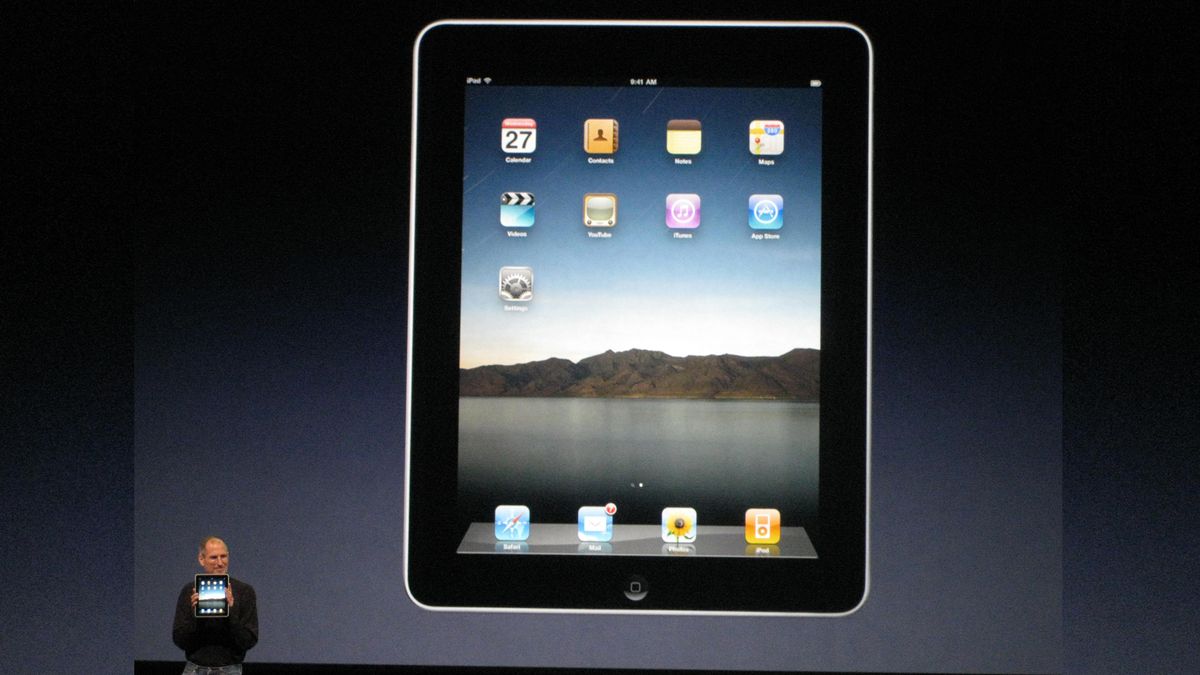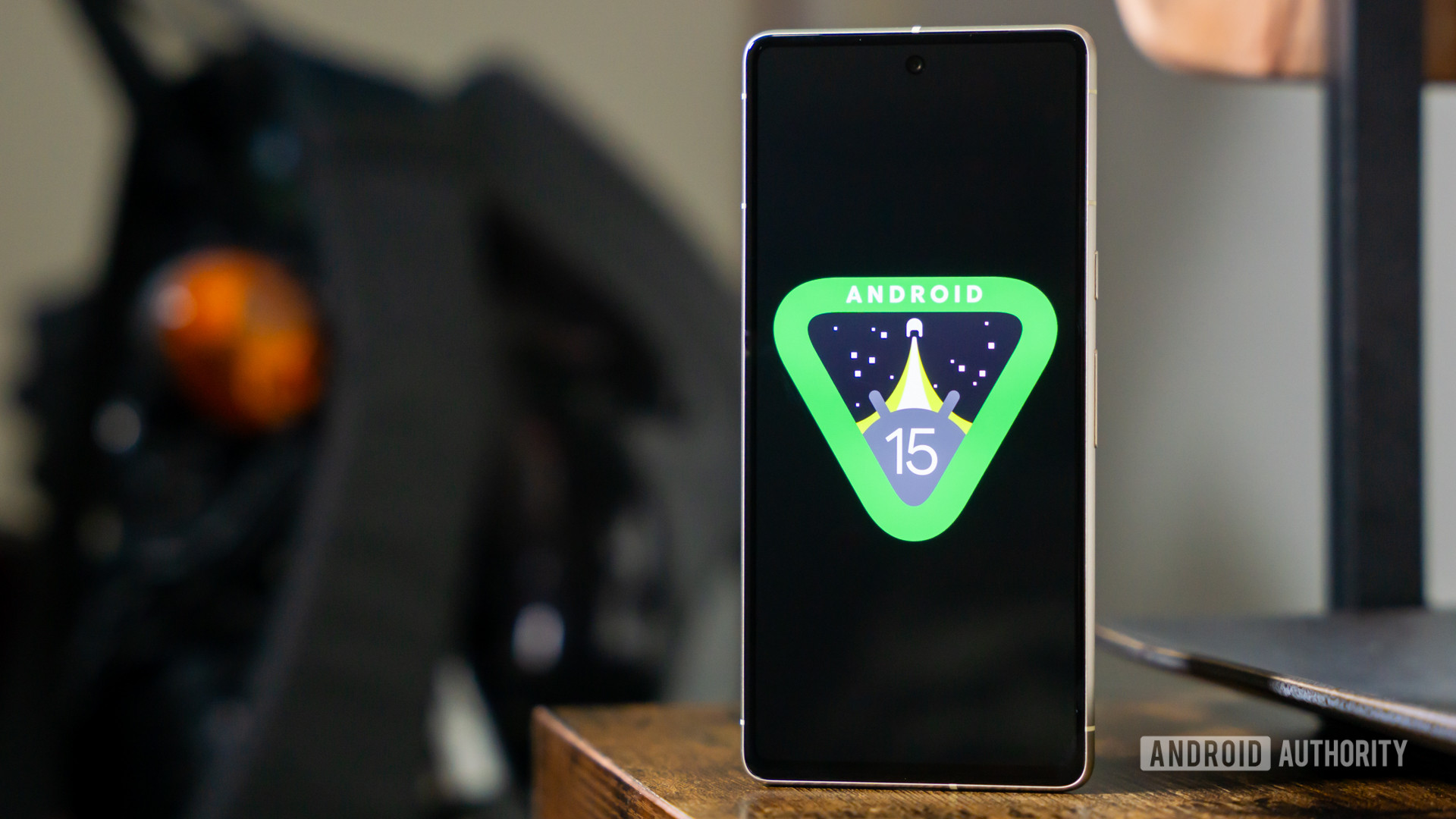
Watching: The detectives Police in 16 countries have arrested hundreds following a massive sting
ON FEBRUARY 25th, someone calling himself “TOM FORD” used Anom, an encrypted-messaging platform, to forward a message from another user called “Sion”. It read: “We are on standbys [sic] to receive the package today bro.” Applying for a warrant to search an email account that the two men used to exchange shipping documents, an FBI special agent said he believed the package in question contained six kilogrammes of cocaine due to be sent from California to Australia, and that while “TOM FORD” was probably located in Australia, “Sion” was likely in Armenia.
The cosmopolitan nature of organised crime in a globalised world calls for secure methods of international communication. “TOM FORD” and “Sion” were confident that Anom would keep them safe; they scarcely disguised their exchanges. They even exchanged photos of cocaine bricks. But, like thousands of other Anom users in more than 300 organised-crime groups in around 100 countries, they were making a calamitous mistake. Anom was owned and run by the FBI.
In a flurry of statements and press conferences on June 8th, that agency, along with other national and international law-enforcement bodies, revealed some details of their grand-scale sting. Over a period of three years, the FBI and police forces in 16 other countries—in particular, the Australian Federal Police—monitored 27m messages sent via Anom. “We have been in the back pockets of organised crime,” said the Australian Federal Police Commissioner, Reece Kershaw.









